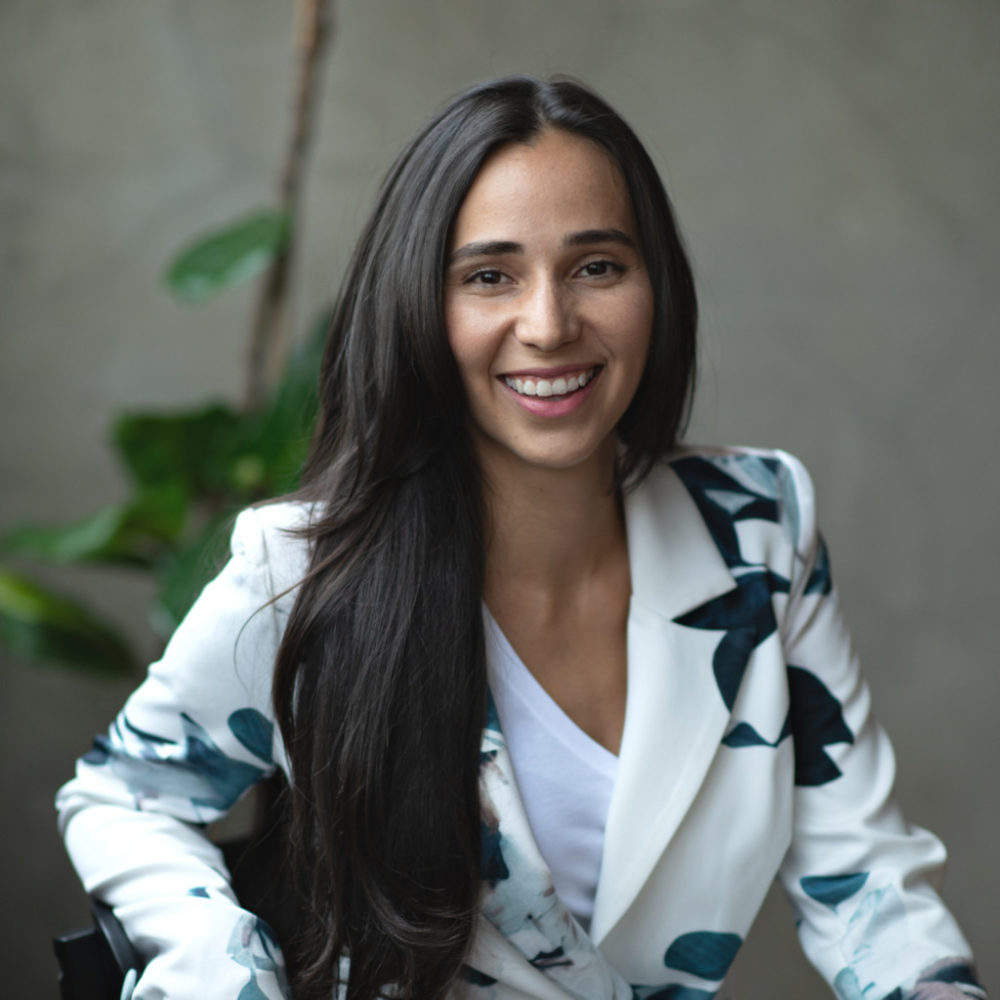
When it comes to green energy, ride-share giants Uber and Lyft have pledged to use 100 percent electric vehicles by 2030. But Raven Hernandez, an entrepreneur from Nashville, Tennessee, couldn’t wait that long.
In October 2020, Hernandez and her husband, Peter Smith, co-founded Earth Rides, a ride-hailing app with a fleet of exclusively electric vehicles from Tesla, Mustang Mach-E, Polestar 2 and several other manufacturers. The goal, she says, is to provide a more sustainable option for riders concerned about climate change.
“We insert Earth as an eco-friendly and reliable option,” says Hernandez, who serves as CEO.
Electric vehicles typically have a smaller carbon footprint than gasoline cars, even when accounting for the electricity used for charging, according to the United States Environmental Protection Agency. That’s chiefly because EVs have zero tailpipe emission. By contrast, gasoline cars emit greenhouse gases that can stay in the atmosphere for 100 years or more, blanketing the earth and causing it to warm.
So far, the response has been positive. Since its launch, Earth – while nowhere near as big as Uber or Lyft, which have a combined customer base of over 110 million active riders – has serviced more than 300,000 passengers. It recorded $1 million in revenue in 2021, its first year, and experienced a 100 percent ridership growth since the beginning of 2022. It also maintains over 200 partnerships with hospitality companies like Soho House and Four Seasons, whose guests often need transportation.
Last year, Hernandez estimates, the company’s use of electric vehicles helped to eliminate 230 million grams of carbon emissions. Earth operates in three cities – Nashville; Austin, Texas; and Scottsdale, Arizona – using its own fleet of EVs but also allowing its drivers to use their own electric vehicles if they happen to own them.
Despite an upsurge in the popularity of EVs, less than 1% of ride-share vehicles in the United States are electric, according to clean-energy research firm BloombergNEF. Critics note that EVs run on electricity that is still largely produced from fossil fuels in many parts of the world. Energy is also used to manufacture the vehicle — in particular, the battery.
“There’s a lot of debate on how ‘green’ electric vehicles are,” Hernandez acknowledges. But one thing is certain: “You can close your garage, and sit in your garage with your car on,” something that would be hazardous with a gasoline car. “So what’s beautiful about EVs is that we’re eliminating one portion of emissions — but we still have a long way to go.”
Green energy is not the only way the woman-led Earth differs from its competitors. Both the tech and automotive industries have traditionally been monopolized by men. According to a recent report, 75 percent of all electric vehicles were purchased by men in 2019. This disparity trickles down to the drivers as well — Uber’s driver workforce is roughly 27 percent women, and Lyft’s is roughly 21 percent women.
Within Earth Rides, women and people of color make up 50 percent of the leadership team and 40 percent of the drivers.
Hernandez, whose family came to the United States from Panama, had been studying law at Pepperdine University before founding Earth. Like many first-generation Americans, she thought that being an attorney or a doctor was the pinnacle of success. She realized quickly that she didn’t have the passion necessary to become an attorney, and instead realized her calling was sustainability and clean technology.
“I experienced life-altering chronic sickness the year before entering law school,” she says. “This started my journey into holistic health — a life void of processed foods, products filled with chemicals, fast-fashion, and alcohol consumption.” Hernandez soon realized there were limits as to what she could accomplish. “I can personally live a clean life, but my environment is dictated by humanity’s collective decisions,” she says. “Clean technology naturally made its way in.”
After abandoning her legal ambitions to found Earth, she recalls laying in bed worrying about technicalities such as payroll, health insurance, HR systems, taxes and acquiring new customers. She had never even taken a business class.
When first getting the business off the ground, she utilized her own credit cards, “maxing those out and then obtaining a line increase and maxing them out again.”
A 27-year-old Latina woman whose family doesn’t hail from a business background, Hernandez says she has been met with some skepticism when pitching to investors.
“I spent this summer taking over 50 venture capital meetings,” she says, “with the overwhelming majority stating things like, ‘The team all loves what you’re building’ and ‘I’m so impressed by what you’ve accomplished so far’ and ‘Your hustle really shines through.’ Then they’ll go on to state why they ‘couldn’t’ participate in the current round. And they all close by stating, ‘We’d love to stay in touch as you raise subsequent rounds.’”
Still, Hernandez has had some luck with investments from the likes of Mark & Sherry Deutschmann (founders of LetterLogic), Tay Keith (producer for Drake, Beyonce, Travis Scott) and a cohort of friends, family and customers on WeFunder.
She is excited to expand the company to more cities in the future, especially the South, which is not as far ahead as California when it comes to the phase-out of gasoline cars.
“Now I walk into a room, and I know, ‘This is my goal, this is what I want to accomplish in this hour, this is who I want to meet, and no judgments are going to pierce my shield,” Hernandez says.



